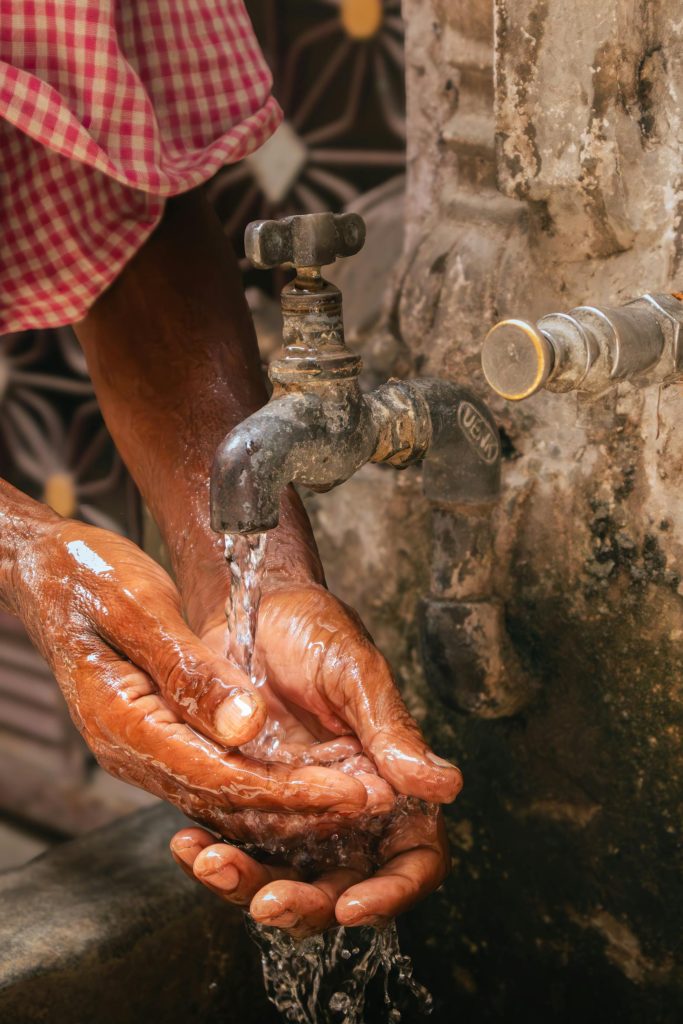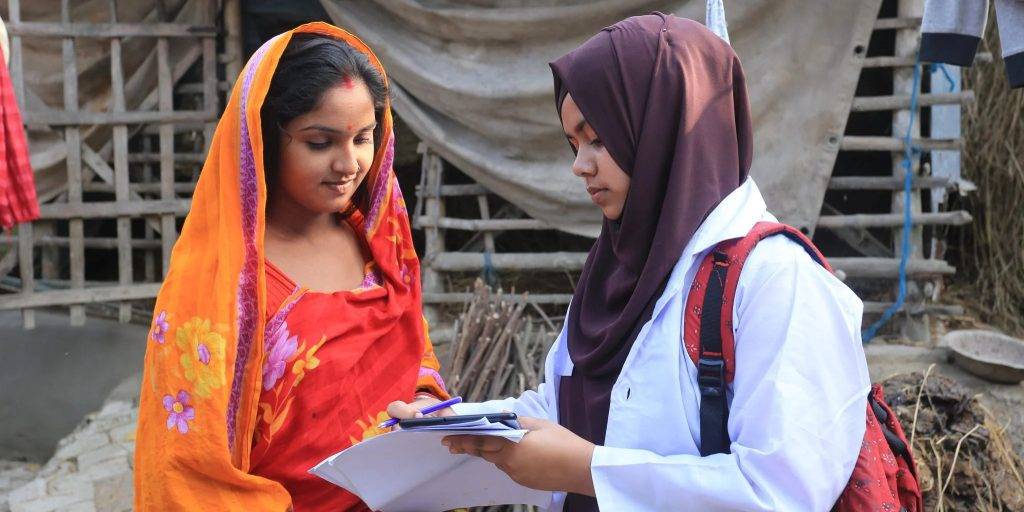Urban development and Management
The MSc in Urban Management and Development is a 12-month English-taught programme offered in six specialisation tracks. This structure allows IHS students to specialise within their chosen field whilst benefiting from a broader understanding of sustainable urban management offered at IHS. The MSc in Urban Management and Development is a 12-month English-taught programme offered in six specialisation tracks. This structure allows IHS students to specialise within their chosen field whilst benefiting from a broader understanding of sustainable urban management offered at IHS. The MSc in Urban Management and Development is a 12-month English-taught programme offered in six specialisation tracks. This structure allows IHS students to specialise within their chosen field whilst benefiting from a broader understanding of sustainable urban management offered at IHS.
Urban development and Management Read More »




